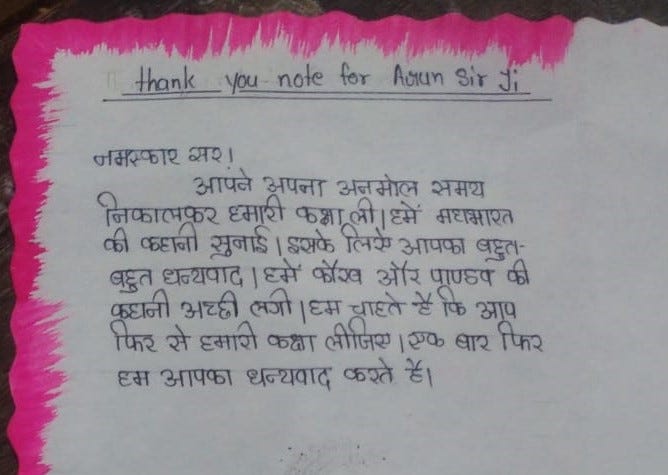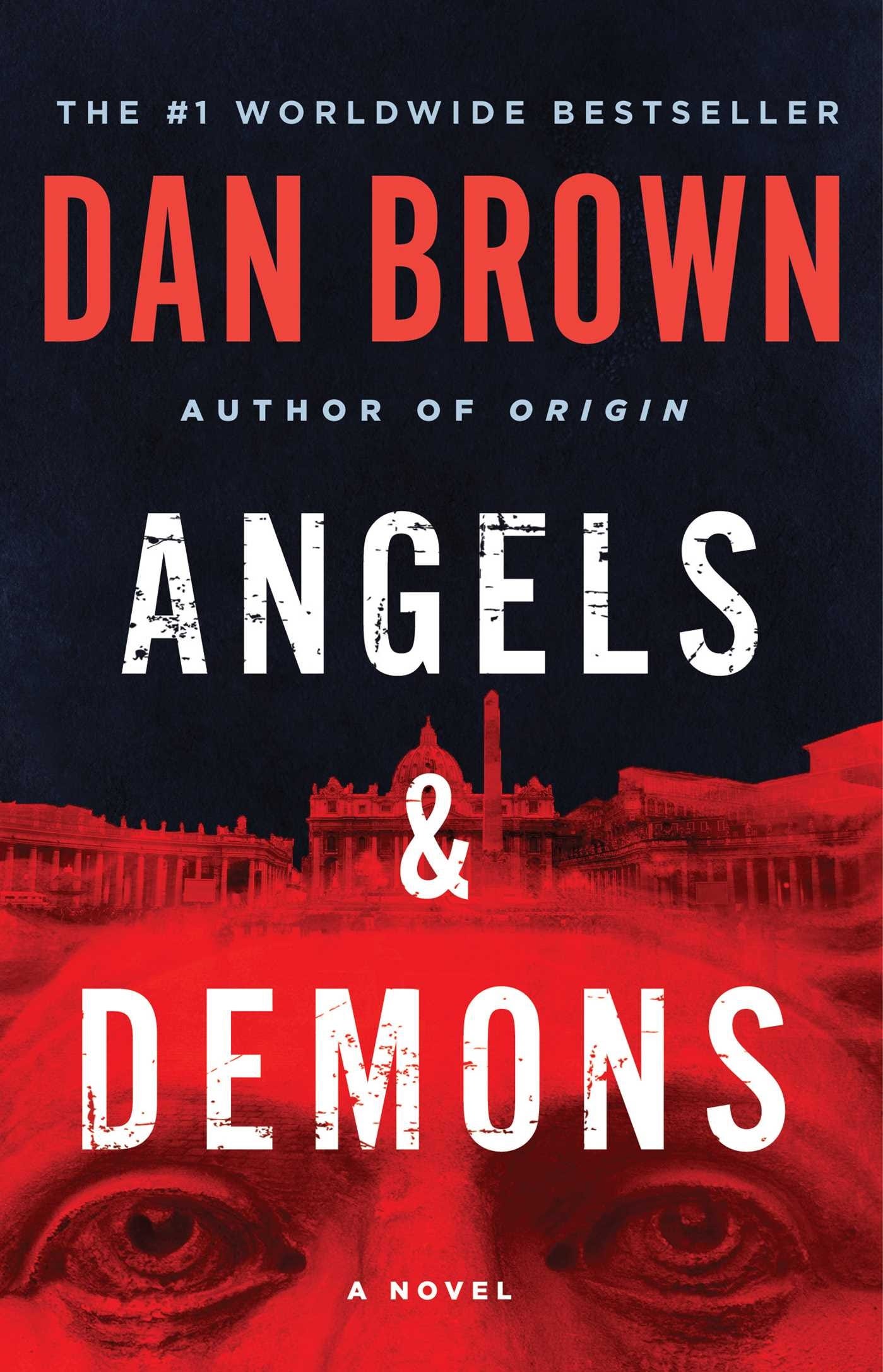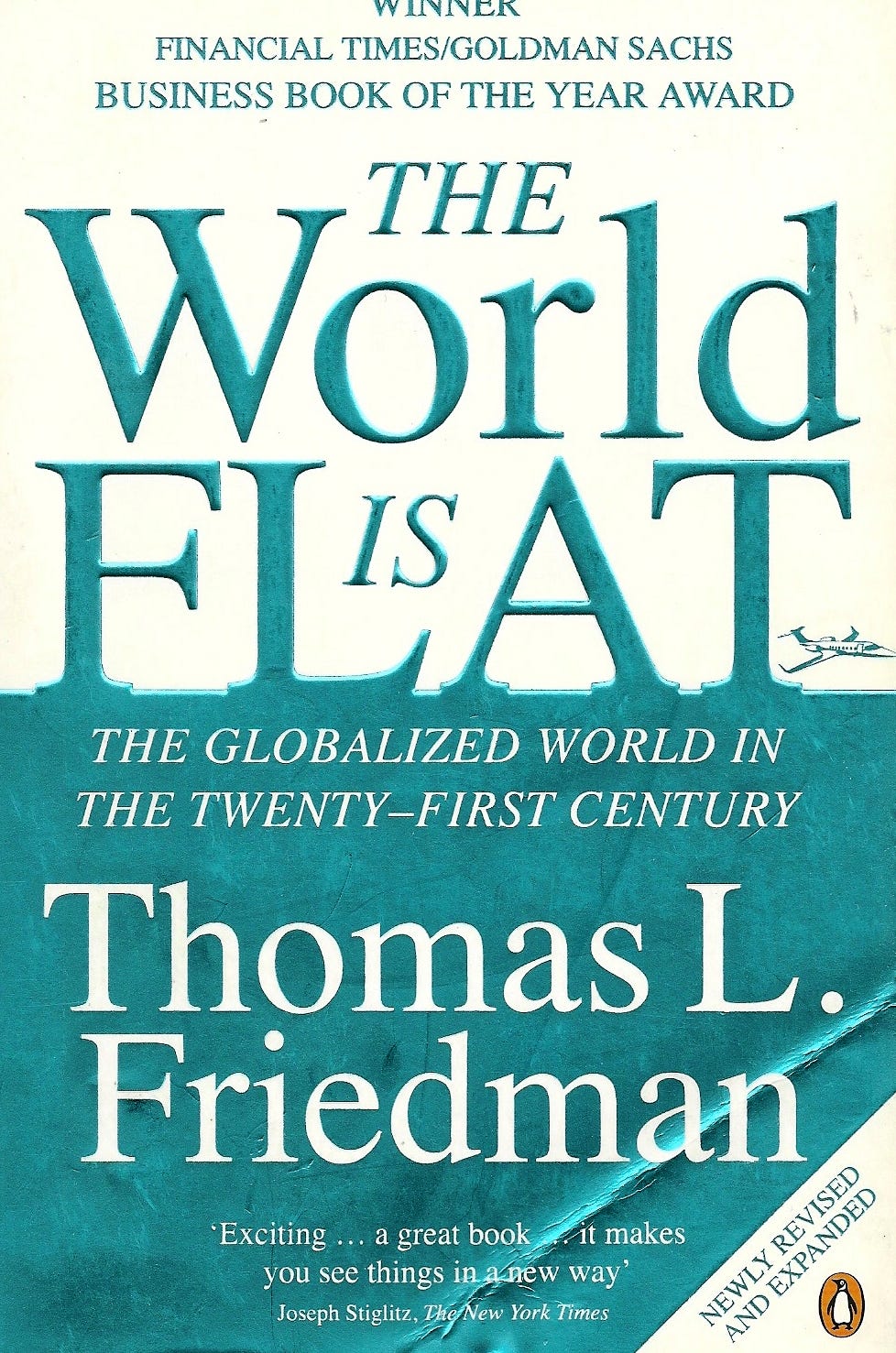Why I started reading the Mahabharata
How I got started with and then was mesmerized by this epic
A few days ago, I delivered a lecture on the Mahabharata to a bunch of school-children in Parbelia (W. Bengal). This is probably the fifth or sixth such lecture that I have delivered for school-children.
They have been kind enough to say that they enjoyed it, and I can’t express my gratitude enough for this token of appreciation!
This note made me reflect on my journey from being a clueless idiot about nearly anything to being able to deliver lectures on the Mahabharata, Product Management, and more.
The Epic
The Mahabharata is an epic par excellence.
Written by Sage Vyasa, it is long - around 10 times as long as the Iliad and the Odyssey combined, and about four times as long as the other well-known Indian epic, the Ramayana. The Bhagavad Gita (or the ‘Song in the Voice of God’) is often considered the holy book of the Hindus, and is contained within the Mahabharata.
At its very essential, the Mahabharata is a tale of two sets of warring cousins, namely the Pandavas and the Kauravas. After several incidents where the cousins quarrel, the story culminates in the Kurukshetra War, which is considered a War of Ages and ushers in a new era for humankind.
The story is highly layered and complex, and the emotions and motivations of the characters are dealt with dexterously. There are several ‘fan fiction’ versions of the epic written by different authors presenting the story from the viewpoint of various characters. Indeed, while reading the epic, it is hard not to experience a feeling of skepticism and mild disgust as the thought that ‘history is written by the victors’ enters the reader’s thoughts uninvited.
We will keep these philosophical musings (and there are lots of them!) aside for another time. For this post, I want to relate a personal story that brought the Mahabharata into my life, and a little-known anecdote from the epic.
My (little) experiment with Truth
My personal tryst with the Mahabharata started, as it often is with momentous things, by accident or serendipity.
I was in my second-year at Business School, trying to balance coursework and a social life, and worrying about job interviews. In my brief periods of pondering about the latter, I realized that an interviewer may ask me which book I had read last.
Now, I had been an avid and voracious reader in the past, but my reading habit had atrophied in the last few years before the time in question. I had read, maybe four or five books (barring textbooks, of course) in the five years prior, and was secretly quite worried and ashamed about it.
As I turned possible answers to the question in my head, I realized I was in a bit of a fix. I couldn’t very well say the truth, for that would mean admitting that I had read frivolous Dan Brown novels (and invite a sneer from the interviewer), or economics-heavy tomes like Thomas Friedman’s “The World is Flat”. The latter was sure to elicit hard questions on economic theory from said interviewer, which I was sure I would fumble.
So, with the truth firmly out of the realm of possibility, I now had to cook up a convincing lie. What could I say I had read? Self Help? No, too needy. Cowboy Westerns? Too seedy. History and World-War books? I was completely out of my depth in those topics as well.
A stray encounter
A chance conversation with a fellow student probably prompted me to turn to mythology for deliverance from the horns of this dilemma. A vague idea began to form in my head that the Mahabharata could be my savior; I could tell the interviewer that I had been reading the Mahabharata.
As I turned the thought over in my head, it seemed better and better to me. The Mahabharata could definitely not be dismissed as frivolous - it’s held in high regard by scholars and philosophers. At the same time, (I thought that) it could be interpreted in any way I wanted, and there really was no ‘right’ answer that the interviewer could catch me wrong-footed on. This was really the best of both worlds - I could have my cake and eat it too!
At the time, I had a very rudimentary idea about the basic storyline of the epic, and I definitely did not know the subtle details of the epic. Overcome by a sudden bout of conscience, I decided not to lie through my teeth to the interviewer, and at least start reading the epic so that I could truthfully answer “I’m reading the Mahabharata right now”.
So I dug around a bit on the Internet, and in my zeal to find an ‘authentic’ version of the epic, I stumbled across a mammoth ~25,000 page tome. This was a translation from Sanskrit to English by Kisari Mohan Ganguli. Unlike smaller versions of the epic by other authors, this translation claimed to be a literal translation from the original Sanskrit without any interpretation by the author. The interpretation and meaning were left as an exercise for the reader.
Diving in headfirst
Being as dumb as I was, I decided to take on hard challenges at the time, and so set out to read this entire work. I was soon hooked by the detailed and meandering storytelling and began assiduously reading the book.
As it so happened, I did not face this question in my job interviews. However, the interest in the epic stayed with me, and I read various versions of the epic by different authors over the last 10 years.
In another chance conversation, I happened to mention this activity to a friend who runs an NGO for underprivileged children, and he invited me to deliver lectures to schoolchildren. And that is how I became a Mahabharata lecturer and have been blessed with the image at the top of this post!
In upcoming posts, I will reflect upon my learning and viewpoint of the characters in the epic as well as relate some anecdotes from it, so stay tuned.
Thank you so much for reading until the end!







Love this Arun! Honestly its the only "book" that's really unputdownable, because no one can ever claim to know the Mahabharata in entirety, theres always that one new story or an anecdote that emerges from somewhere, humbling the know-it-all side of our nature.